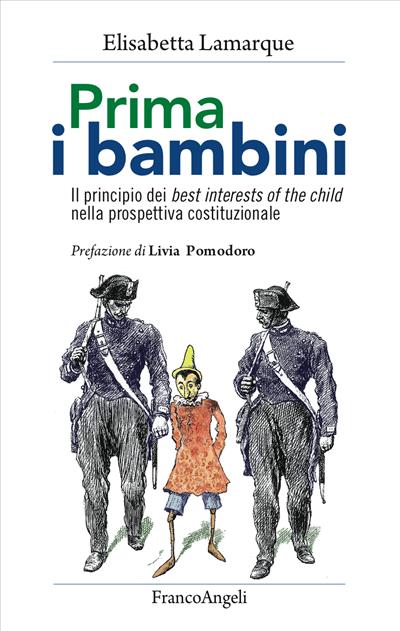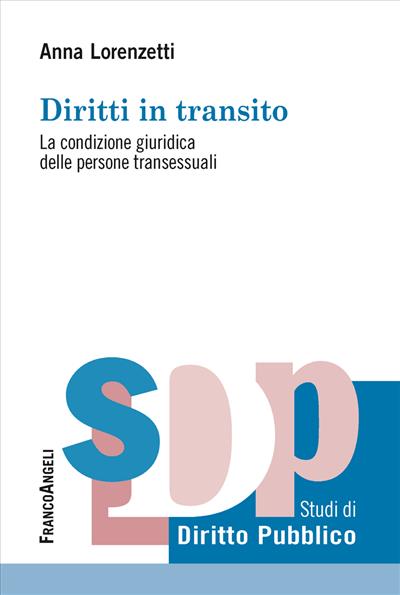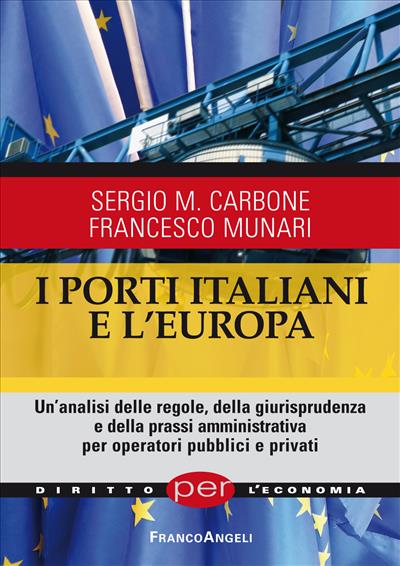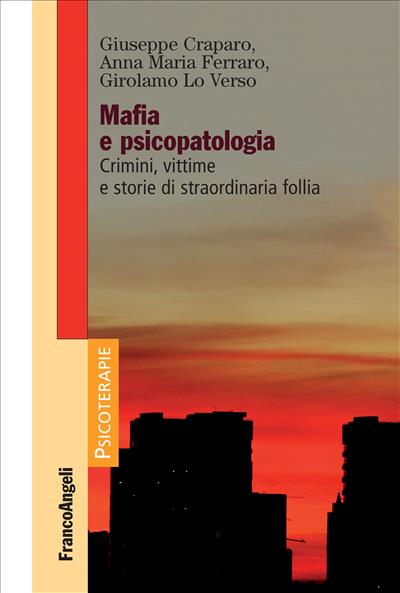
The grand alliance.
The global integration of democracies
Pagine: 200
ISBN: 9788846486295
Edizione:1a edizione 2007
Codice editore: 1420.1.80
Possibilità di stampa: No
Possibilità di copia: No
Possibilità di annotazione: No
Formato: PDF con DRM Readium LCP




